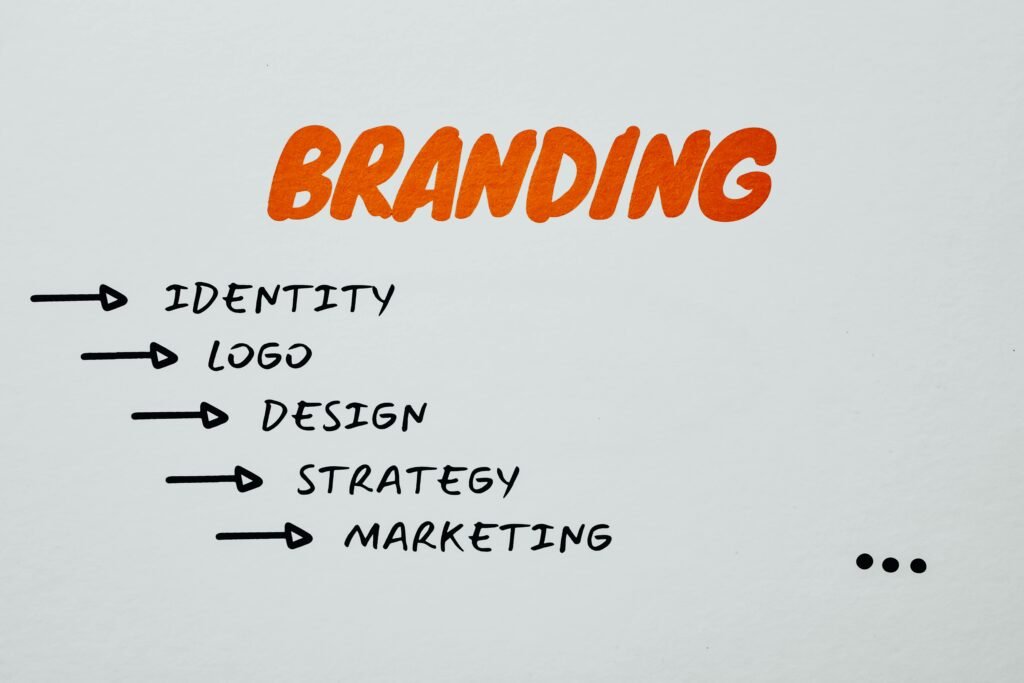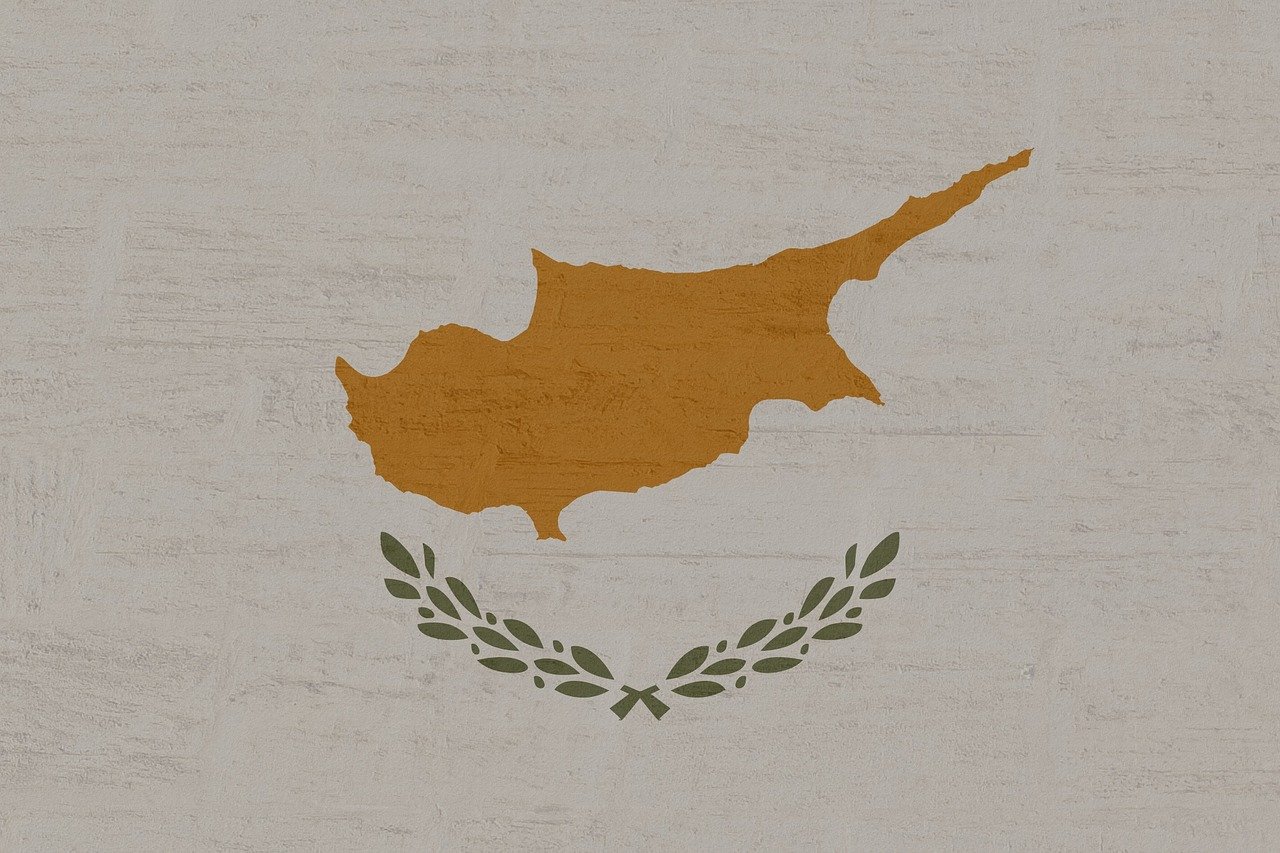In the evolving landscape of the European Union, where regulation is high and competition is fierce, credibility is not just an asset—it’s a necessity. For businesses across France, Germany, and the broader EU, establishing a trustworthy brand is key to building long-term customer relationships, expanding into new markets, and staying resilient in uncertain economic times.
Whether you’re running a startup or scaling a mid-sized enterprise, building trust and a strong digital reputation will determine your place in tomorrow’s European economy.
Why Business Credibility Matters More Than Ever
The modern European consumer is well-informed, cautious, and brand-conscious. Especially in post-COVID Europe, where online purchases and digital interactions have become the norm, buyers expect more transparency, professionalism, and value before they commit.
In many cases, your website or social media presence is your only chance to make a strong first impression. If your digital profile is incomplete, inconsistent, or outdated, your potential customer will quickly move on—to a competitor who looks more reliable.
Credibility is more than a buzzword. It directly impacts:
- Customer acquisition and retention
- Pricing power and brand loyalty
- Partnership opportunities across EU borders
- Perceived value of products or services

Foundations of Trust: What Customers Expect in the EU
There are some shared expectations across EU member states, even as cultural nuances vary. Here are the key elements consumers and B2B clients alike look for:
1. A Professional Website
Your website is your digital headquarters. A well-designed, fast-loading, mobile-friendly site with clear information in the local language immediately positions your business as serious and reliable.
French and German customers, in particular, expect:
- Legal disclosures (e.g. Impressum, GDPR privacy policy)
- Clear contact details and support options
- Localized content for their market
- Secure checkout and payment options (especially for e-commerce)
2. Consistent Branding and Messaging
A strong, unified brand identity shows that your business is organized and credible. This includes:
- A distinctive logo and color scheme
- Clear messaging that communicates your values
- A consistent tone across all platforms (social media, email, website)
Customers should be able to recognize your brand instantly, whether they see a newsletter, an Instagram ad, or a Google search result.

3. Social Proof and Authentic Feedback
European consumers trust peer reviews and testimonials. Having visible, authentic customer reviews—especially on trusted platforms like Google, Trustpilot, or industry directories—can significantly increase conversions.
Featuring client logos, industry awards, certifications, or partnerships with other EU-based companies also contributes to your business’s perceived legitimacy.
4. Transparency and Legal Compliance
Operating in the EU means navigating a complex legal environment. But meeting regulations like GDPR isn’t just about avoiding fines—it also builds trust.
Make sure you:
- Clearly explain your data collection and privacy policies
- Offer transparent return and refund terms
- Are open about pricing, shipping, and delivery times
Honesty goes a long way, especially in countries where consumer rights are protected and closely monitored.

Building a Brand That Resonates Across Borders
The European market is diverse. What earns trust in Germany may differ from what customers expect in Spain or Poland. But certain strategies are effective across all EU nations:
- Localize your messaging: Invest in translations and content that respect local culture and language.
- Offer multi-currency and multilingual support: Even if you start in one country, EU-wide expansion should be part of your long-term strategy.
- Tailor your design and UX to EU standards: European users prefer clean, functional design with straightforward navigation—avoid overly “flashy” layouts common in US-based marketing.
Turning Trust into Growth
Once credibility is established, businesses can shift focus toward scaling and acquiring new customers. A few trust-building tools that support growth in the EU include:
- Email marketing with clear opt-ins (GDPR-compliant)
- Thought leadership via blogs, guides, or whitepapers
- Case studies showcasing success stories with other EU clients
- Participation in trade fairs, local business networks, or EU-supported programs
Trust is a powerful growth engine—and one that can’t be faked or rushed.

Final Thoughts: Digital Presence as the Trust Anchor
In the end, your online presence is the core of your brand. Especially in the EU—where legal standards are high and customer expectations are even higher—businesses must treat their website and digital branding as seriously as their product or service.
A poorly designed, outdated, or generic website can hurt your business just as much as a faulty product. Conversely, a clean, fast, multilingual, and strategically built website can build instant credibility and open doors across the continent.
If your company is ready to elevate its credibility and brand in the European market, your digital foundation needs to reflect that ambition. Visit Rakuzan.eu to explore how a modern, customized website can boost trust and help you attract more clients in the EU.
Disclaimer: This article is for informational purposes only and does not constitute financial, tax, or investment advice. Readers should consult with a licensed professional before making any financial or business decisions.





